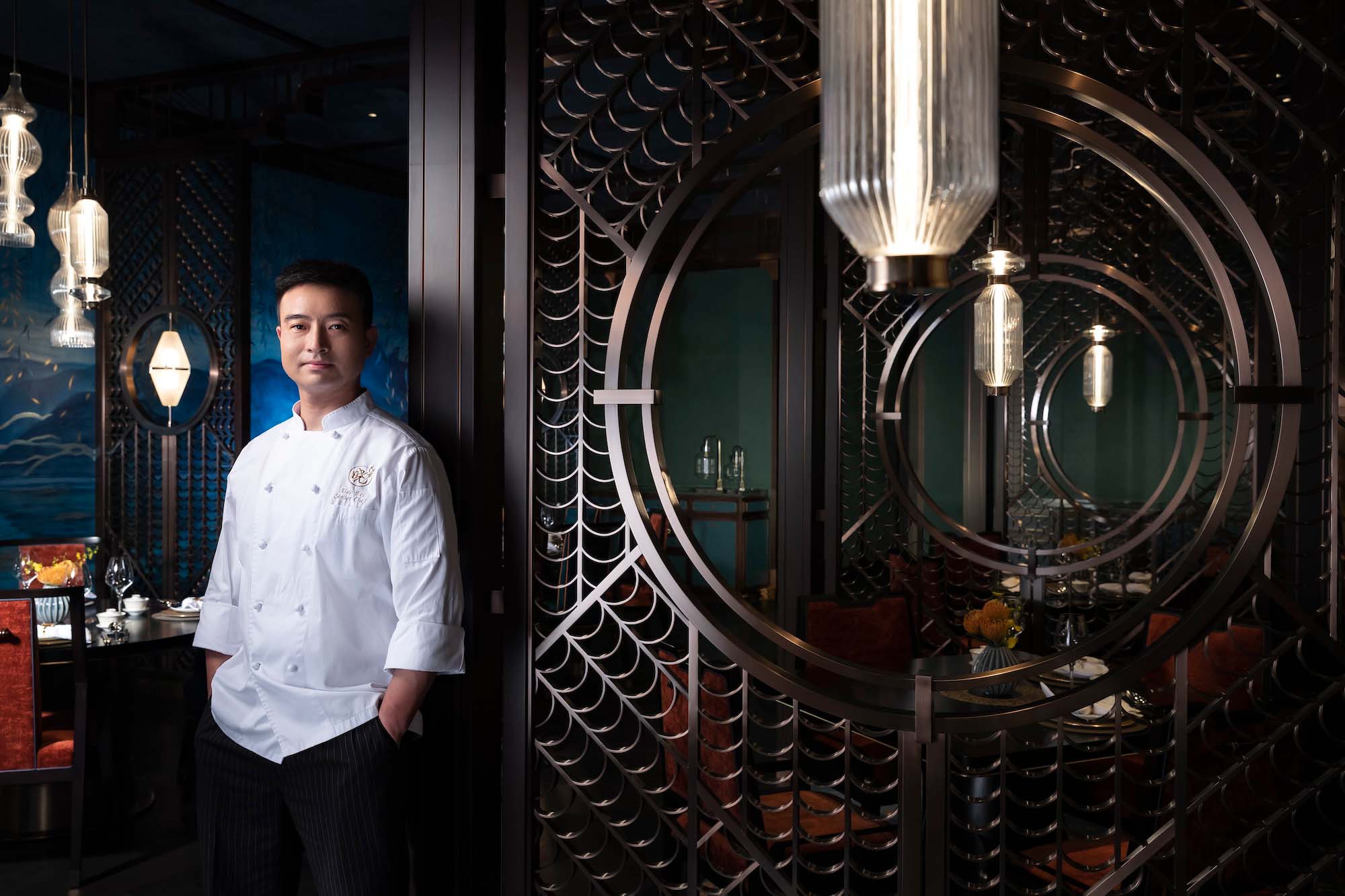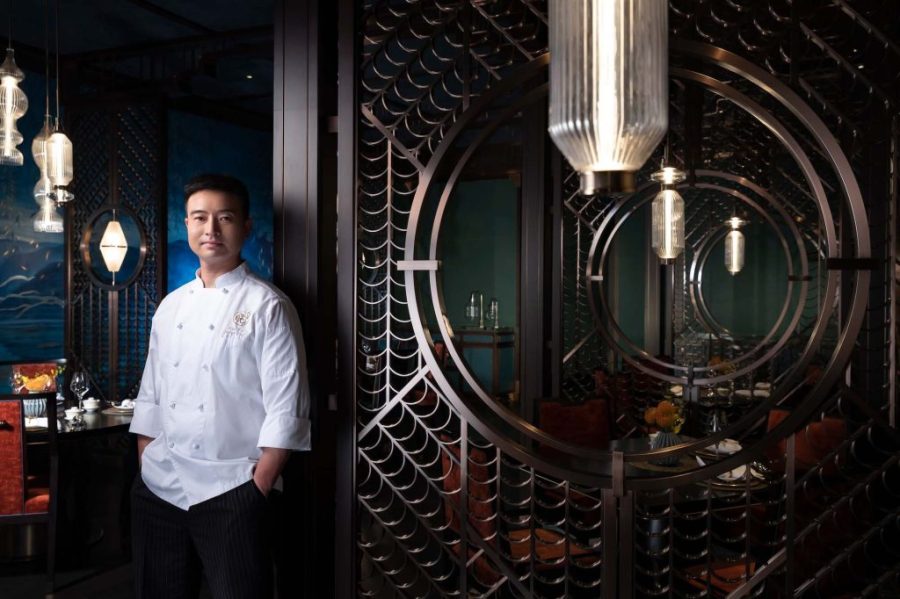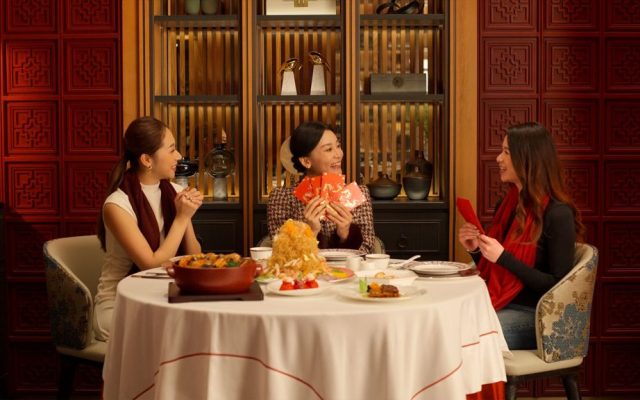In the world of fine dining, being awarded a Michelin star is a hard-won honour that can take a restaurant years to achieve. Earning a coveted two-star rating just two years after opening? It’s a rare testament to an establishment’s masterful cuisine and visionary approach.
The Huaiyang Garden at The Londoner Macao is among those exceptional cases. It was promoted from a one-star establishment to a Michelin two-star restaurant in The Michelin Guide Hong Kong and Macau 2024 earlier this month.
Under the guidance of Celebrity Master Chef Zhou Xiaoyan, known as “The Godfather of Huaiyang Cuisine,” the refined modern Chinese restaurant debuted in November 2021. Just months later, it was awarded its first Michelin star.
The Michelin inspectors commended the restaurant for its sophisticated dishes honouring Jiangsu province’s culinary traditions, and the rating served as a long-awaited arrival of Huaiyang cuisine on the global dining scene. Now, with its second star, The Huaiyang Garden has joined an exclusive club comprising only about 500 restaurants globally.
“Over the past year, our team has worked very hard to elevate the restaurant from a one-star to a two-star Michelin restaurant,” says Chef Xiao Fei, senior chef at The Huaiyang Garden. “There’s an exacting attitude to everything that leaves no room for error.”
Respect for tradition
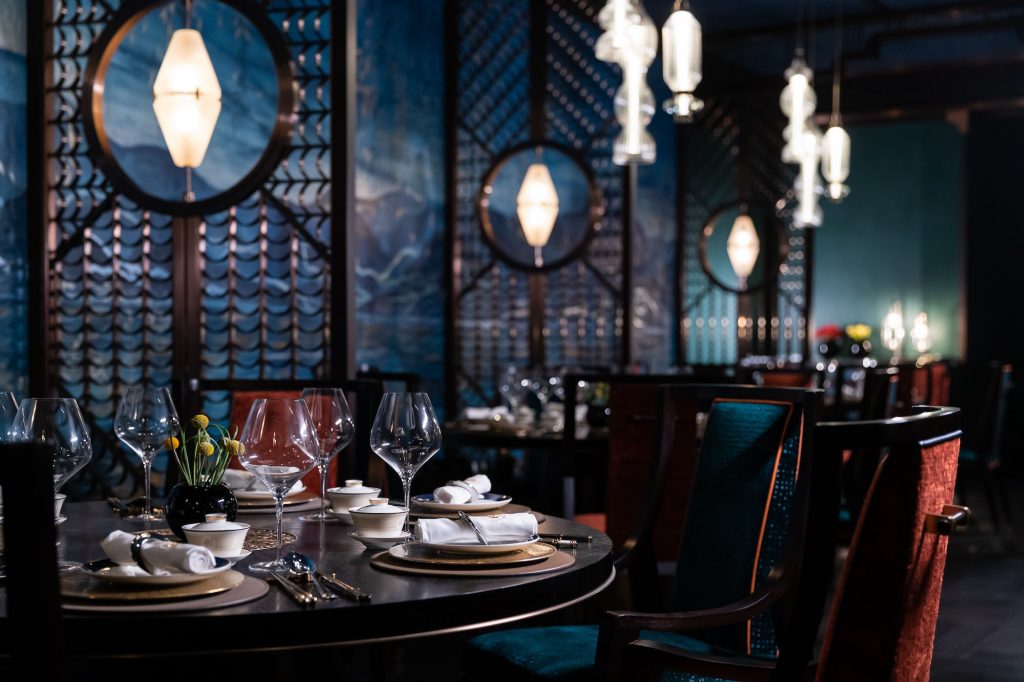
The restaurant’s commitment to continuous improvement and excellence permeates every detail, from the hand-painted silk wallpaper to the elegant tableware, artful lanterns, cocktails and warm service. Still, The Huaiyang Garden’s mission is deceptively simple: it aims to introduce the fresh and intricately flavoured Huaiyang cuisine of Jiangsu province to the sophisticated diners and world travellers drawn to Macao’s culinary landscape.
It may sound straightforward, but execution is anything but. As Chef Xiao points out, the art lies in blending innovation with a deep respect for tradition. This guiding principle defines The Huaiyang Garden and has helped distinguish it in the eyes of customers and Michelin judges.
“Our motto is to innovate without forgetting tradition, to pass on the legacy without being overly rigid. We continually strive to make thoughtful adjustments that align with the times and suit modern tastes,” explains Chef Xiao, adding: “It’s a challenge, but I think that, more than anything, is what has resonated with the Michelin Guide.”
Renowned as one of China’s four great culinary traditions, the history of Huaiyang cuisine dates back over 3,000 years and has historically graced the tables of the nation’s emperors and elite. It originated along the Huai and Yangtze rivers, regions celebrated for their unique bounty of fresh, local ingredients.
This culinary style is famed for its emphasis on freshness, subtle flavours, and sophisticated preparation methods. Due to the skill required, it is often referred to as “kung fu” cooking – taking the literal meaning of kung fu, which refers to a consummate level of skill or artistry, acquired only after much effort.
“With Huaiyang cuisine, great skill often presents itself in simplicity. For example, a piece of meat may be made tender and boneless [thanks to meticulous knifework], yet its exterior appearance is unchanged,” says Chef Xiao.
The secret ingredient
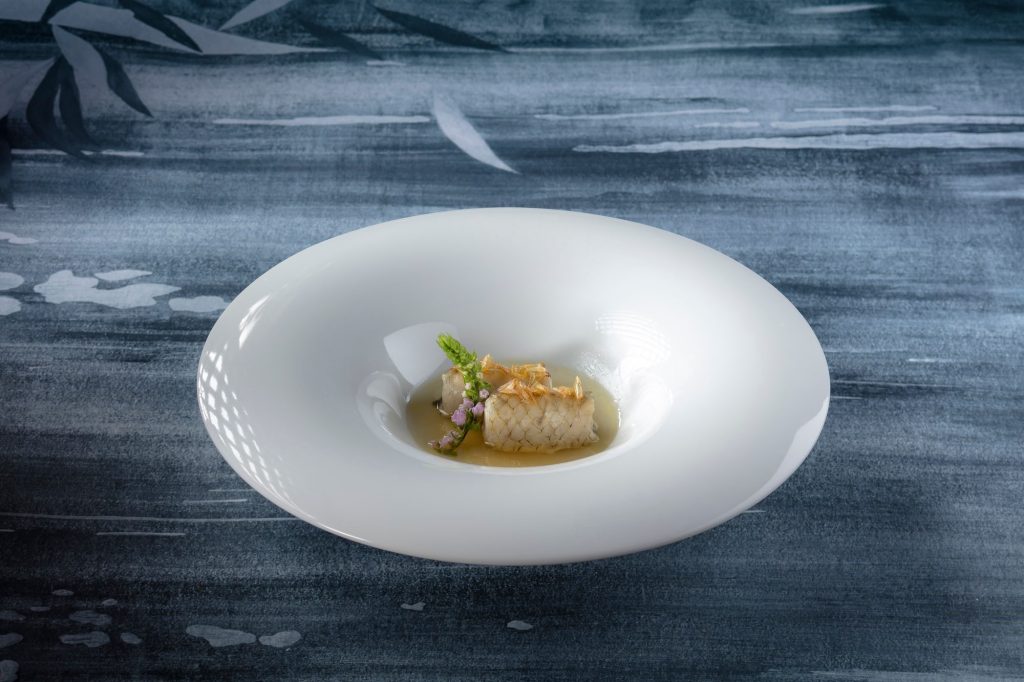
Despite its high status in China, Huaiyang cuisine has been slow to catch on outside the region. Chef Xiao says this is mainly due to the limitation of the particular ingredients found only near Jiangsu. He and his team at The Huaiyang Garden have been able to faithfully maintain the cuisine’s authenticity by flying in fresh ingredients.
“Approximately 80 percent of our ingredients are directly sourced from Jiangsu, mostly from Lake Taihu and Lake Hongze. I believe this commitment to authenticity has played a crucial role in our Michelin recognition, providing us a distinct advantage,” says Chef Xiao, who is originally from Jiangsu.
With such exceptional ingredients, Chef Xiao is able to help Master Chef Zhou Xioayan faithfully craft signature dishes from their homeland. Take, for example, the “shredded bean curd with crab meat and egg white in superior soup”. This dish demands the bean curd be finely sliced more than 260 times and then topped with succulent Alaskan crab meat, creating a delicate balance of textures.
Another signature, the “stewed pork ball with crab roe in superior soup”, showcases finely prepared pork belly that takes over two days to make. The chef separates the fatty and lean meat, then dices both into peanut-sized pieces before mixing them together with just the right ratio to achieve a tender, springy meatball with a flawless texture.
However, it is the steamed hilsa herring fish with 20-year-old Huadiao wine that Chef Xiao believes best captures the restaurant’s culinary spirit – and his own. This dish involves a painstaking preparation process, including deboning freshly caught hilsa herring – a prized delicacy from the Yangtze River – by removing 164 bones with precision tools. After steaming the fish to perfection and crisping the scales to a golden hue, the team artfully reassembles it.
“When you take the first bite, the aroma of wine and fish greets you, complemented by the crispiness of the scales,” Chef Xiao shares with palpable pride. “Every detail of this dish, from its presentation to its inspiration, is imbued with my passion, creativity, and effort. It stands as a true representation of the essence of Huaiyang cuisine.”
‘A window of opportunity’
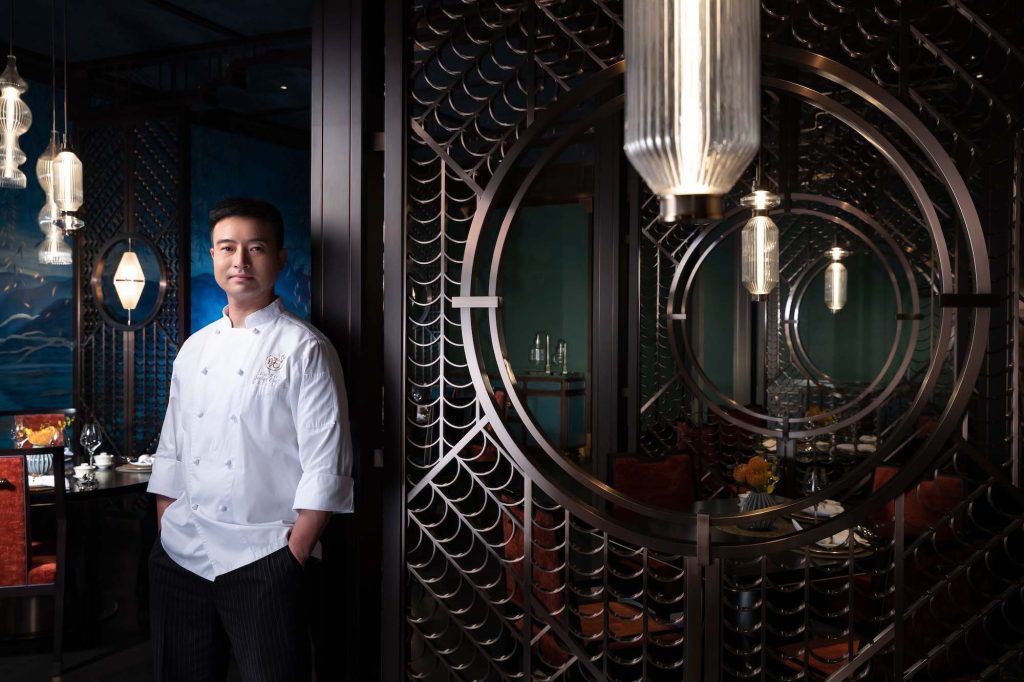
Reflecting on The Huaiyang Garden’s journey to two-star status, Chef Xiao says it wouldn’t have been possible without the encouragement of Sands China – a collaborative effort that’s part of the company’s broader mission to expand its collection of world-class restaurants.
“Sands China provides a window of opportunity,” he says. “The company provides a platform for Huaiyang cuisine in Macao, so people can get to know and appreciate our food traditions.”
He also credits Macao. As a UNESCO Creative City of Gastronomy, Macao is a dynamic hub where diverse gastronomic experiences can thrive. “Macao is an open and inclusive platform, rich with various cuisines embraced by its residents and visitors,” he says.
“There’s a Chinese proverb that captures this ethos beautifully: ‘All beings should coexist and prosper harmoniously. It’s only when every flower blooms in unison that spring is truly here.’ Thanks to this nurturing environment, we’ve introduced Huaiyang cuisine to a broader audience, in both Sands’ properties and beyond.”
